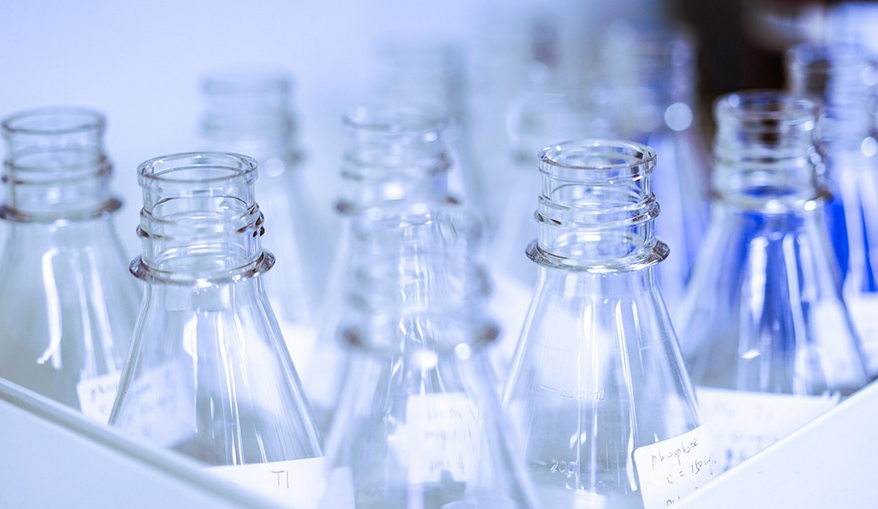Introduction
Boric acid is a commonly used household product that has many uses, including as a pesticide, antiseptic, and in some medications. However, it can also be toxic to humans if ingested or absorbed through the skin. In this article, we will discuss the dangers of boric acid and how to avoid exposure.
What is Boric Acid?
Boric acid is a white, crystalline powder that is derived from boron. It is often used in insecticides, as well as in the manufacturing of glass and ceramics. It is also used in some medical applications, such as topical ointments and eye drops.
How is Boric Acid Harmful?
Boric acid can be harmful if ingested or absorbed through the skin. Ingesting large amounts of boric acid can cause symptoms such as nausea, vomiting, diarrhea, abdominal pain, and even kidney damage. Long-term exposure to boric acid can also lead to reproductive problems and birth defects.
How to Avoid Exposure
To avoid exposure to boric acid, it is important to read labels carefully and follow instructions. If you are using a product containing boric acid, wear protective clothing and gloves. Avoid using boric acid products around food or in areas where children or pets may come into contact with them.
What to Do if You are Exposed
If you are exposed to boric acid, it is important to seek medical attention immediately. Symptoms of exposure may include redness, itching, and burning of the skin, as well as nausea, vomiting, and abdominal pain. If ingested, do not induce vomiting unless directed to do so by a medical professional.
Alternatives to Boric Acid
There are many alternatives to boric acid that are safer for humans and pets. For example, diatomaceous earth is a natural alternative to insecticides that is safe for humans, pets, and the environment. Essential oils such as peppermint, lavender, and eucalyptus can also be used to repel insects.
Conclusion
Boric acid can be a useful product in many applications, but it is important to be aware of its potential dangers. By following safety precautions and using alternatives when possible, you can avoid exposure and protect yourself and your family. If you suspect you have been exposed to boric acid, seek medical attention immediately.

